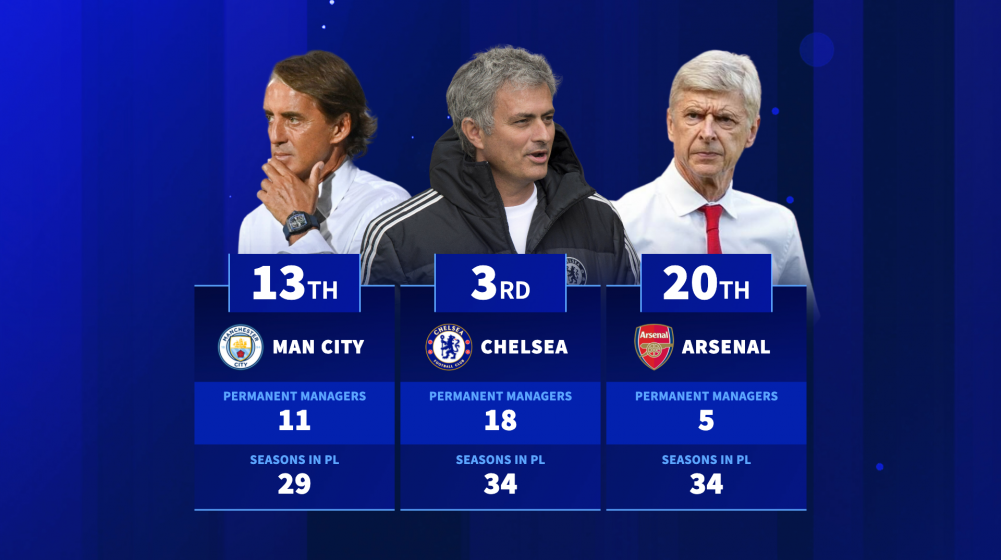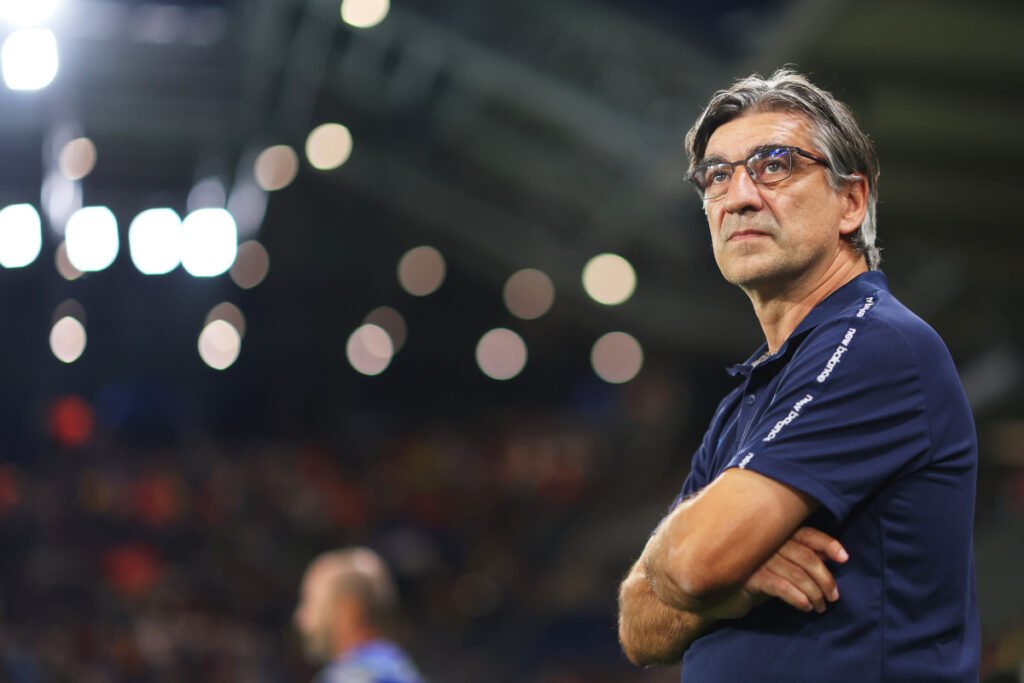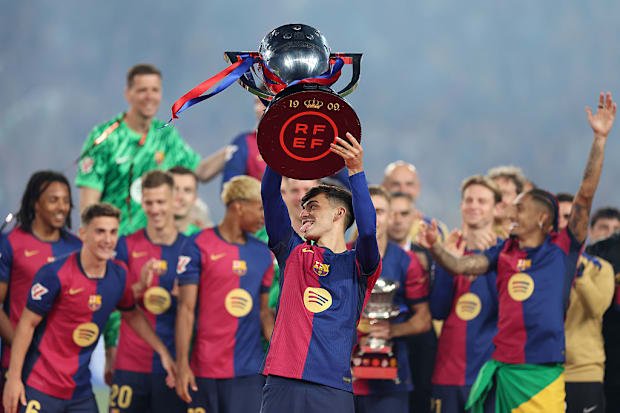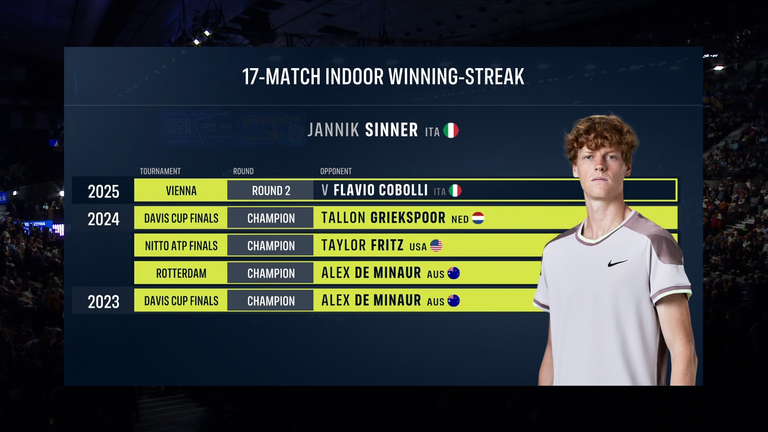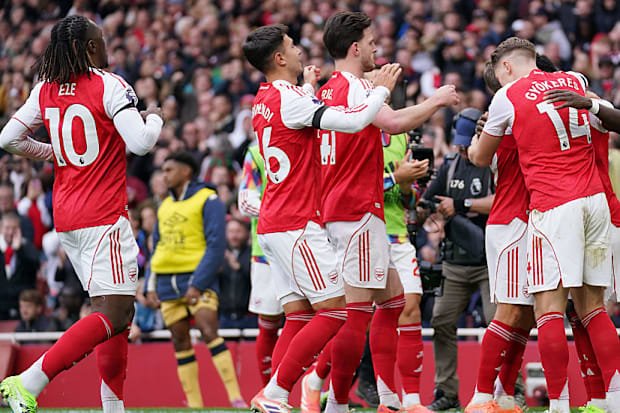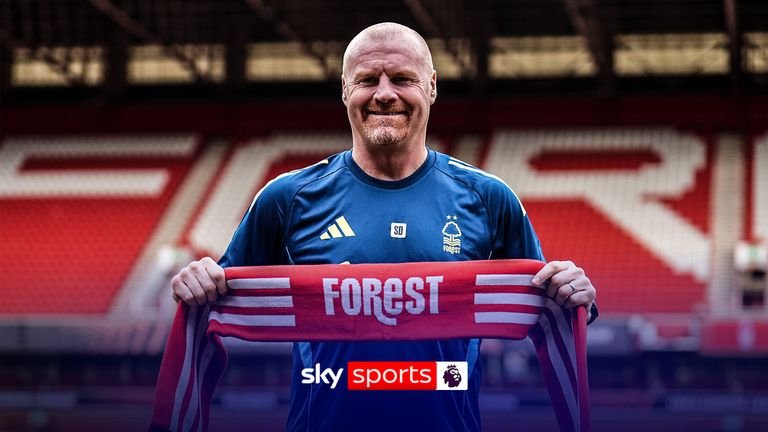In a Kicker interview published on Monday, Germany’s Jürgen Klopp declared himself a strong advocate of English football’s developmental system. The long-time Liverpool head coach suggested that German football should create a “U21 Bundesliga” modeled after “Premier League 2”; a league exclusively devoted to the reserve squads of larger clubs in which only young talents are allowed to serve.
Such a proposal would obviously constitute a huge change for German football. As it stands, German club reserve squads have no age limit for players and are permitted to rise as high as the third tier professional division. It is such that Klopp’s proposal largely met with a negative reaction from most all of the Bundesliga sporting executives asked to comment on the matter.
Kicker managed to solicit comment on the idea from 16 of the 18 top personnel executives in the German first division. Hamburger SV board-member-for-sport Stefan Kuntz and Union Berlin managing director Horst Heldt declined to weigh in. Only two Bundesliga administrators came out in favor of Klopp’s proposal. Nine either outright rejected the notion or expressed skepticism.
Five front office managers essentially evaded the question or declared themselves neutral.
In an abridged translation of the lengthy Kicker piece, we’ll supply the quotes from all 16 chief sporting executives. First, however, we’ll supply a quick run-down of where all the clubs stand:
“Against” Klopp’s Proposal
- Bayern Munich
- Eintracht Frankfurt
- Borussia Dortmund
- VfB Stuttgart
- SC Freiburg
- FC Köln
- TSG 1899 Hoffenheim
- FC Augsburg
- Borussia Mönchengladbach
“For” Klopp’s Proposal
- RB Leipzig
- VfL Wolfsburg
“Open” to Klopp’s proposal
Those “against”
Max Eberl, Bayern Munich (Board member for Sport)
“This U-21 league is based somewhat on the English model. I believe that this is currently being abolished in England because it’s always the same teams playing one other. I believe that men’s football is very good for the younger lads
“And where should the U-21 league fit in? Which players should play there? Perhaps those who have had little playing time with the second team or the U-19s and are substitutes. And that means that once again, the top talents are not being promoted. I think we need to think bigger about this issue.
“Kloppo’s approach unveiling new ideas is [nevertheless] generally right. We need to do that in German football, because when you look at other countries, one does feel as if we’re falling behind in the youth sector. We all need do to be aware of that.”
Lars Ricken, Borussia Dortmund (Managing director for Sport)
“I don’t think that introducing a closed league for U-21 teams will solve the problem. It gives talented players the opportunity to get two extra years of playing time, but until then, they will still only be playing against other talented players of the same age. Not everyone in England is happy with this league either.
“We need to ensure that our top talents can gain a foothold in senior football as early as possible.We mustn’t forget our social responsibility either. School attendance is compulsory in Germany, so we have to structure our training in such a way that every player can receive the best possible education.
“This is not necessarily the case in other countries. They have greater flexibility. I think it’s right that we make sure every player has a Plan B up their sleeve.”
Jochen Saier, SC Freiburg (Sporting Director)
“I am critical of a closed U-21 league for reasons pertaining to training. I consider it important and necessary that the competition faced by young top talents in the transition phase opens up after the U-19s, with a view to the age structure and also in combination with first teams.
“If another year were played against the same clubs and age groups (as has been the case since the U15) in the transitional phase, some important components for development in the lead-up to the professional area would be missing.
“There used to be a closed league for second teams in the past, but it was changed for the reasons mentioned.”
Thomas Kessler, 1. FC Köln (Sporting Director)
“The proposal is exciting and certainly has its merits in parts. For us at 1. FC Köln, however, the path via the Regionalliga West works excellently because our talents experience real senior football there at an early age with a high number of spectators, physical presence, and immediate competitive intensity
“We deliberately integrate U-19 players into the U-21s in order to introduce them to this reality step-by-step. From our point of view, this environment is currently the best preparation for the Bundesliga, which is why we see no immediate need for an additional U-21 league.”
Andreas Schicker, TSG 1899 Hoffenheim (Managing director)
“The U-21 league is not the ideal setting for promoting elite players, as this requires the ‘assertion’ setting in men’s football. The league would be equivalent to extending youth football by two years and therefore makes no sense, as it would again only allow comparison with peers rather than with the reality of men’s football.
“This setting does not work satisfactorily in Italy (Primavera) and England (Premier League 2), but instead parks players outside the professional squad after their youth career while their contracts are still running; The best young players are usually loaned to clubs in the Championship or internationally to allow them to play men’s football.
Rouven Schröder, Borussia Mönchengladbach (Sporting Director)
“Competition in the Regionalliga West offers players the opportunity to gain playing experience at a very high level and valuable experience in senior football via direct competition with opponents who are sometimes significantly older and more experienced. The introduction of a separate league would significantly limit this advantage.
“Young players would be deprived of an important building block in their training and development. In addition, in an U-23 or U-21 league, the players would mostly face the teams and players they have already competed against in the youth leagues. These conditions would increase the pressure on the club to loan out its own players in order to give them new challenges.”
Fabian Wohlgemuth, VfB Stuttgart (Board member for Sport)
“Looking specifically at Stuttgart, we are currently in a very comfortable situation with our second team playing in the third division. This very honest, and above all physically demanding, competition is irreplaceable.
“This is particularly true because this league also reflects everything that young players need to prepare for in terms of professional football, including non-sporting issues. The opportunity to compete against experienced professionals is an undeniable advantage, especially when you have been playing against the same teams and players for years since the U17 level.”
Benni Weber, FC Augsburg (Sporting Director)
“It is right to discuss new ideas for developing our talented players in order to remain competitive internationally. The key thing is for our best players to get as many minutes of competitive playing time as possible at the highest level and, ideally, early on in their senior careers.
“Our goal remains clear: every talented player should be given the best possible support and the chance to prove themselves.
Markus Krösche, Eintracht Frankfurt (Board member for Sport)
“It’s extremely important that young players are introduced to senior football quickly. Founding a new youth league is just not the right way to go about it. I therefore can’t see the merit in this proposal and take a different view.”
Those “for”
Marcel Schäfer, RB Leipzig (Sporting Director)
“We all agree that there is still room for improvement when it comes to promoting young talent in both Leipzig and in Germany. We should therefore not close our minds to any ideas in the discussion. Jürgen’s approach is exciting.
“When someone like him, who has had good experiences with a similar format – especially during his time in England – constructively engages with the future of German football, gets involved, and contributes ideas, it is absolutely welcome.
“We have also had positive experiences with our U19 team’s participation in the Premier League International Cup.“
Sebastian Schindzielorz, VfL Wolfsburg (Sporting Director)
“The promotion and development of talent is a key issue in German football and also for VfL Wolfsburg. We are therefore fundamentally positive about the idea of an U-21 league. We are happy to participate in discussions about the conditions and structures under which such a competition could take place.”
Those “open”
Simon Rolfes, Bayer 04 Leverkusen (Managing Director)
“We have several fundamental issues to address in the area of youth development in German football. We need to train more quality in youth football in general.
“I think we need to increase the incentives for third and fourth division clubs to train young players for the second and first divisions. We see this logical pyramidal approach far too rarely, where the lads really make their way from the bottom to the top.
“An U-21 league could be an additional sensible alternative, even if only 14 or 15 clubs were involved. For some, an U-21 league could be ideal, for others, it might be better to make the step up to men’s football at the fourth or third division level. That’s why it definitely helps to discuss the various approaches.“
“Germany lags behind England and France when it comes to talent development. That’s why the thoughts of Jürgen Klopp, who knows the English system very well from his time in the Premier League, are completely legitimate.
“When he says that talent development in England is better and explains why, we should all listen carefully and not immediately dismiss the idea. Klopp’s arguments make perfect sense to me, but England is not Germany.
“The DFB youth tournament many years ago was an ill-conceived disaster. That’s why we should think carefully about it and then decide. One thing is clear: we are not the best at developing talent and we need to improve. It would certainly be good for us to take a look at the countries.”
Clemens Fritz, SV Werder Bremen (Managing Director)
“In English entire youth sector, players compete against the same opponents and teams year after year. Each model certainly has its advantages and incentives, and both models certainly require patience.
“Overall, it’s a very interesting topic, and I think it’s important to gather impressions from other countries as well. We at Werder are open to all ideas when it comes to further developing football in Germany and are happy to work on them.”
Andreas Bornemann, FC St. Pauli (Sporting Director)
“The question of how players should gain playing experience in the transition between the youth academy and the men’s division is certainly an important one, but it is not the only component of comprehensive talent development. That’s why we first need to ask ourselves how this development should be conceptualized as a whole before deciding on individual aspects.“
Holger Sanwald, 1. FC Heidenheim (Sporting CEO)
“In principle, I think the proposal is one that is worth considering carefully. I myself am a little ambivalent about it, because the intention is actually for young talents to defend themselves and prove themselves against men’s teams. On the other hand, I also think a U-league at a correspondingly high level is an interesting option.“
Impressum des Publishers ansehen

